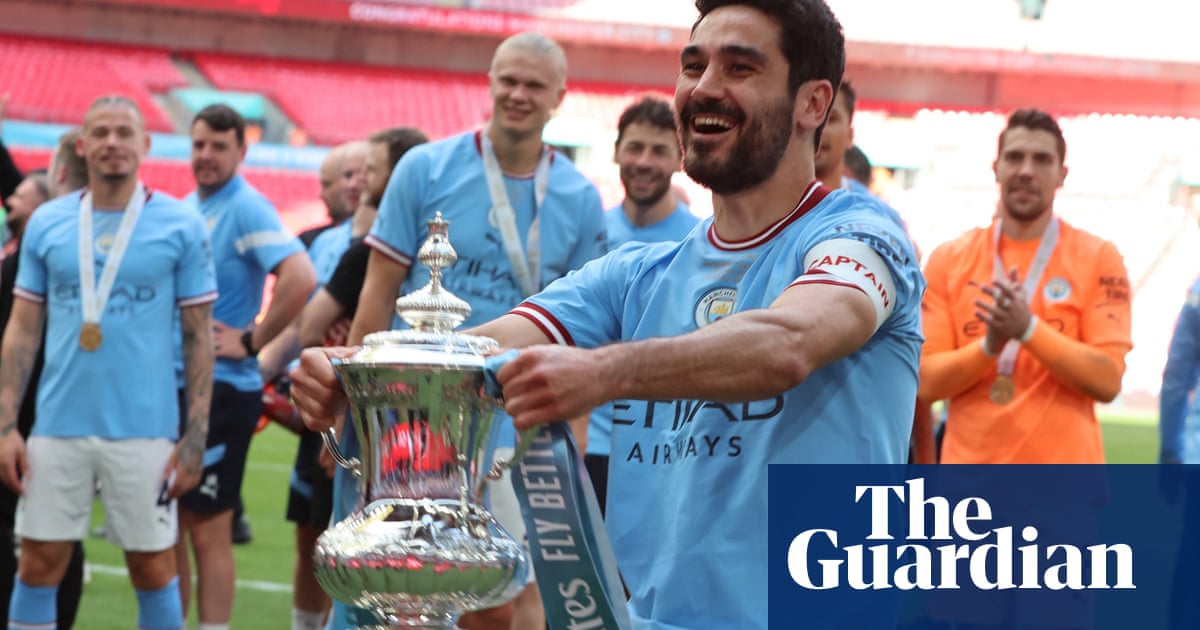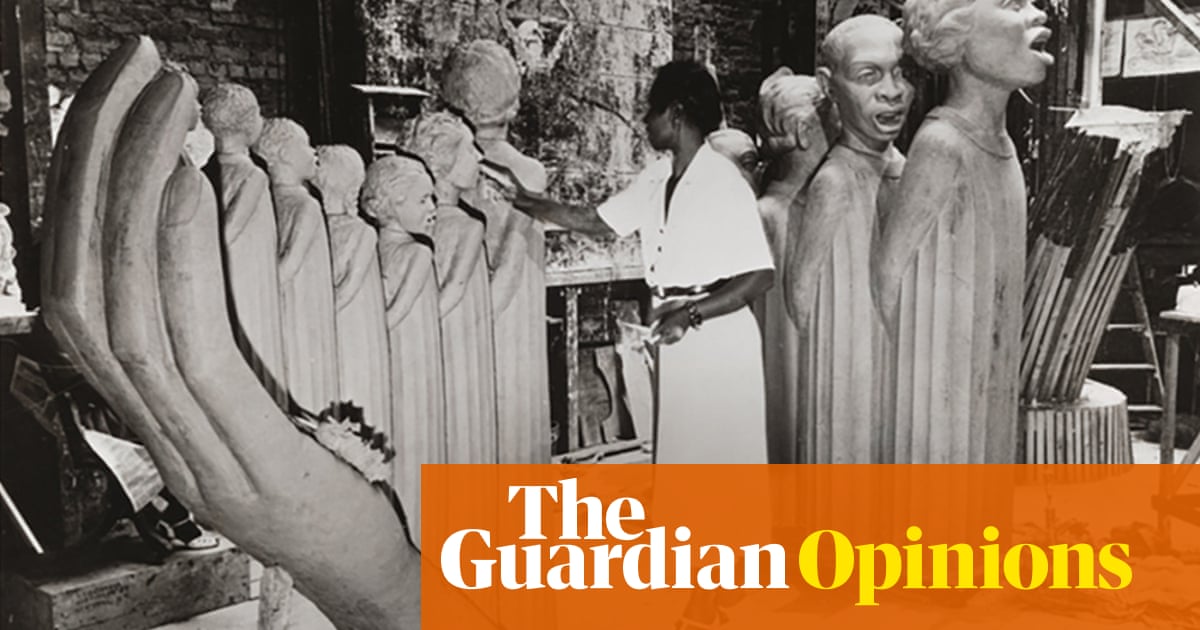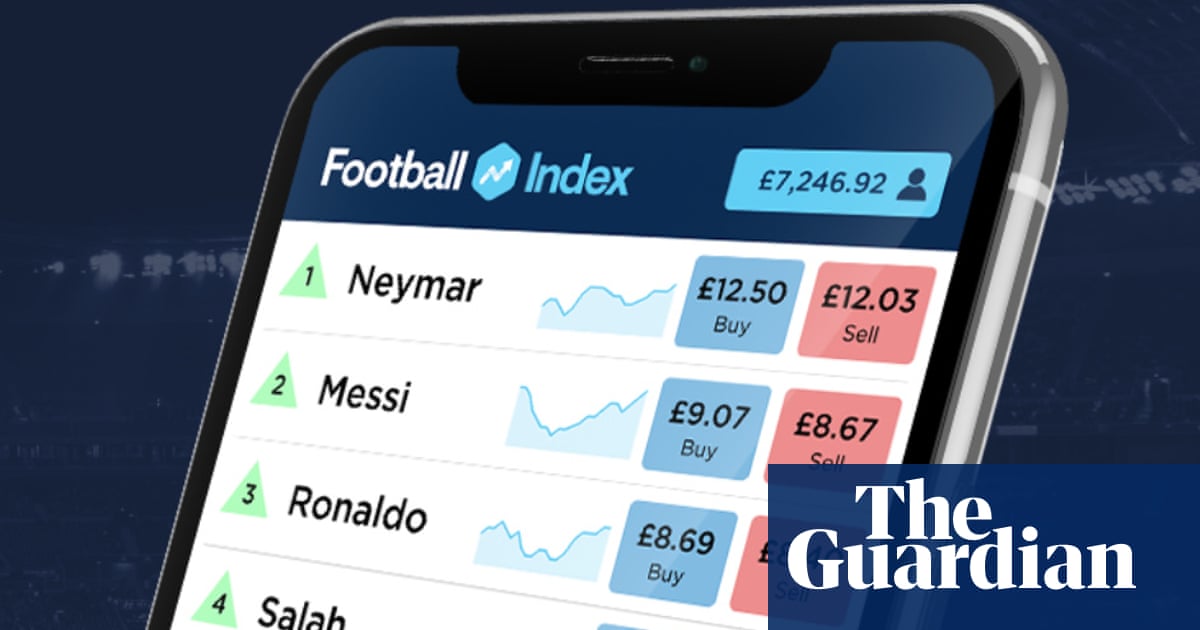
Ilkay Gündogan creeps across the pitch at the Max-Morlock Stadion, hands over his face. He has just missed a header from less than five yards out. Fans who had been confidently shouting “Tor” are looking at each other in disbelief. Shortly after, Gündogan is tearing his hair out because his pass to Jamal Musiala rolls out of play. It is not the first misunderstanding between the pair that evening.
Nuremberg, 10 days ago, Germany’s friendly against Ukraine. The game ends 0-0, and the home team have by no means disappointed, whatever the result might suggest. Gündogan has not got into the game but Julian Nagelsmann chooses to praise him. “Illy played well,” the head coach says. He stands up for the midfielder, protects him, and he has reason to do so.
Gündogan is in demand at the best European clubs. A year ago, as captain, he led Manchester City to the treble; since then he has been the playmaker at Barcelona. Pep Guardiola and Xavi Hernández can’t be wrong, and nor can Jürgen Klopp and Thomas Tuchel, who valued him equally highly at Borussia Dortmund. Gündogan has just been voted into La Liga’s team of the season.
With Germany, however, it has never really worked out. There is an online joke circulating asking whether Gündogan will send his twin brother to international matches again. His quality is overlooked. His career with the national team has run contrary to his club career. He has yet to play a successful role for Germany at a tournament and has not been involved in a single knockout game. This is not only because of injuries he sustained during the team’s heyday, about a decade ago.
Now Gündogan is the captain because Hansi Flick promoted him in his final act before being sacked last September and Nagelsmann has kept him in the role. Will the 33-year-old take advantage of probably his last chance to win something with Germany, or at least make it to a semi-final?
Not in any meaningful fashion, if some experts in Germany get their way. Lothar Matthäus, one of his predecessors as captain, would like to see him on the bench. He is annoyed, for example, that Gündogan was substituted in all the warm-up matches. Players and coaches justify this by pointing to a demanding season. Matthäus’s call is backed up by the powerful tabloid Bild.
Now Guardiola has intervened. “I love intelligent players,” City’s manager, with whom Gündogan won the Premier League five times, told Stern magazine this week. “I only had to explain everything to Ilkay once, he understood it and implemented it immediately. Making the right decisions under pressure, knowing what the team needs at the moment, that’s the type of player I’m looking for.”
The fact there is a debate about the Germany captain shows that Gündogan is quickly questioned in the country where fighters or alpha animals such as Michael Ballack, Bastian Schweinsteiger and Stefan Effenberg were traditionally highly rated. Gündogan is underestimated because he doesn’t have the super gene in his feet. Shooting, dribbling, crossing, tackling – nothing stands out.
“I’m not a player for highlights,” he said when we met for an interview at Barcelona’s training ground in November. “I rarely shine myself – the goals are usually scored by others. For me, the best thing is when the ball circulates smoothly in the team.” It is more important to him to make teammates better. He speaks quietly and thoughtfully; the depth and sometimes the force of his statements are realised only after a delay or when the reporter listens to the tape.
His great strength is also not immediately recognisable: he gives the team order and balance; he is responsible for risk management. Flick’s fatal decision to replace his best player up to that point, Gündogan, with the more attack-minded Leon Goretzka in the opening 2022 World Cup match against Japan remains unforgotten. Germany were leading 1-0 and lost 2-1. It proved to be the defeat that meant they were eliminated at the group stage.
Nagelsmann does not want to repeat this mistake but he is challenging Gündogan’s strategic skills with his reorganisation of the team. In March, Nagelsmann brought back Toni Kroos. The former Real Madrid player immediately made a case for Leverkusen’s Robert Andrich as his defensive assistant. The German Casemiro, so to speak. The two, friends for a long time, have a regular place in the centre of midfield. Gündogan was previously there and now has to adapt.
Kroos tends to move towards the left-back to distribute the ball, as he did in Madrid. This forces the selfless Gündogan to move to the right to keep his team symmetrical. As a result, though, the two lose each other on the pitch. Data shows that Gündogan did not receive many passes from Kroos in the warm-up matches, and in fact received far fewer passes than before.
The new role is also not ideal for Gündogan because he is stationed more offensively, making it difficult for him to control the game. Florian Wirtz and Musiala often appear in his position because they like to move into the centre with the ball. Gündogan tries to balance out the sometimes aimless playfulness of the two and protect them.
But Germany’s attacking midfield practically consists of three No 10s. The new formation has not yet found its feet, which explains the high error rate.
That makes Germany’s attacking predictable. Against Ukraine, there was a traffic jam in the space in front of the penalty area. Only when the winger Chris Führich replaced Gündogan after half-time did Germany’s attacks become more fluid. That had been the case too in the 2-1 win against the Netherlands in March. In the most recent game, a 2-1 victory against Greece last Friday, Germany got stronger when Wirtz went off. Gündogan initiated the equaliser with a pass.
Gündogan will lead his team on to the pitch in the opening game against Scotland on Friday But the recent history of things going better without him could become a danger for him. Despite Nagelsmann’s commitment, it is unclear whether he will keep his place in the starting XI or lose it, as he did at the 2021 Euros. Nor is it apparent whether his contribution will be properly recognised if the team win. Only Kroos has been credited with the upturn in fortunes this year.
Will Germany and Gündogan find each other? That is a key question at this European Championship. The answer could determine the chances of success for the hosts and three-time title winners.












